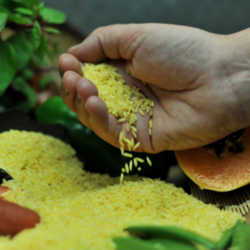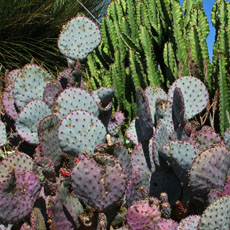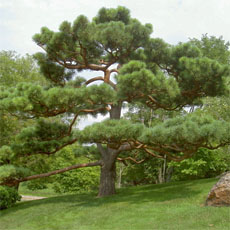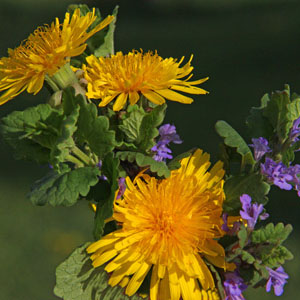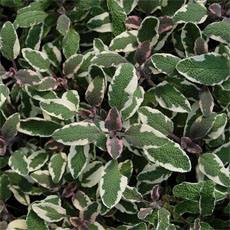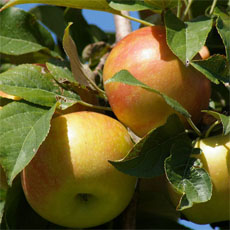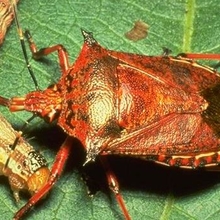Editor's Note: This article was originally published on October 20, 2007. Your comments are welcome, but please be aware that authors of previously published articles may not be able to promptly respond to new questions or comments.)
What exactly is organic? In 2002 the USDA established guidelines to ensure consumers get certified organic foods of the highest quality.
Farms that produce meat, dairy and poultry must:
- Not use growth hormones
- Use organic feeds
- Animals must have access to the outdoors
Farms that produce organic foods before it gets to markets must be government certified. Look for the certifier's name on the package.
The following ingredients are prohibited form being used on organically grown foods:
- Pesticides which “pose special risks to children because of their high metabolisms and low body weight”
- Petroleum or sewage based fertilizers such as human waste.
- Synthetic substances harmful to wildlife.
It has been more than 30 years since an American scientist, Ben Feingold, first suggested that artificial food colors and other additives caused overactive, impulsive and inattentive behavior in children; this sort of hyperactivity is known to be a marker for later educational difficulties, especially problems with reading, and antisocial behavior.
One of the things that makes the latest findings so significant is that the research by the University of Southampton has been so thoroughly conducted and reviewed and cannot be argued away; it is published in the medical journal The Lancet today. The study also found there was increased hyperactivity in children with no history of problems.

How to we know if it’s organic? Foods that bear the USDA Organic seal must be at least 95% organic.
Foods with only one ingredient such as fresh fruits or vegetables may have a smaller “organic” seal.

According to the U.S. Organic Trade Association, 75% of Americans have tried organic produce; 25% buy organic products on a weekly basis.
As for nutritional value, organic crops appear to be higher in vitamin C according to some studies.
New In 2007: In one of the most comprehensive and definitive studies of its kind to date, a team of researchers at the University of California, Davis have proven that organically grown kiwifruit contain more health-promoting factors than those grown under conventional conditions. The research is reported in the SCI’s magazine.
Statistics courtesy if the Organic Food Association
Pauls Garden Tip
For years we've heard to use pieces of broken clay pots to line the bottom of pots to prevent potting soil from falling through the drainage hole. Sometimes we don't have broken pots available, so hre are a couple of alternatives. Coffee filters or used dryer sheets make excellent barriers to stop soil from leaking while allowing drainage.





